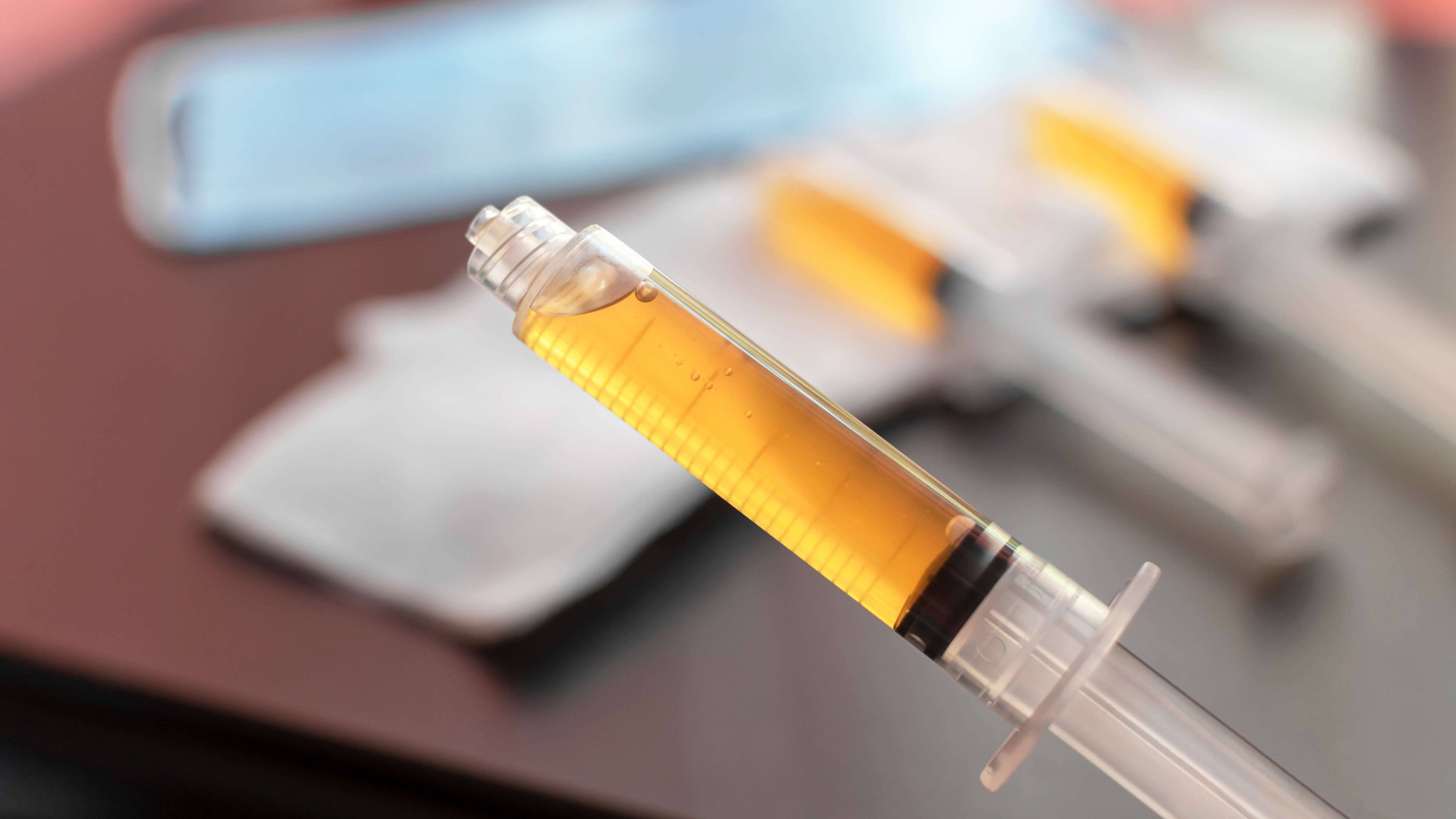Beyond Suppression: Exploring Regenerative Medicine for Autoimmune Disorders
&srotate=0)
Understanding Regenerative Medicine
Regenerative medicine is an innovative medical field focused on repairing damaged tissues and organs by enhancing the body’s natural healing capabilities. By integrating principles from biology, chemistry, physics, engineering, and medicine, regenerative therapies aim to restore normal tissue and organ function. A key aspect involves harnessing healing cells, such as those found in Bone Marrow Concentrate which contains stem cells, to potentially accelerate recovery and improve patient outcomes.
What Are Autoimmune Disorders?
Autoimmune disorders occur when the body's immune system mistakenly targets its own healthy tissues, perceiving them as foreign threats. Normally, the immune system defends against pathogens like bacteria and viruses. In autoimmune diseases, however, this protective mechanism misfires, leading to tissue damage and inflammation. There are over 80 recognized autoimmune disorders, including:
- Type 1 Diabetes
- Multiple Sclerosis
- Rheumatoid Arthritis
- Familial Mediterranean Fever
These conditions affect approximately 10% of the global population, disproportionately impacting women (13%) compared to men (7%). Common early symptoms often include fatigue, muscle aches, joint swelling, skin rashes, hair loss, and cognitive difficulties. While specific symptoms vary between disorders, the exact cause remains unclear, though genetics and environmental factors are thought to play significant roles.
Regenerative Medicine for Autoimmune Disorders
Traditional autoimmune treatments typically involve immunosuppressive medications to curb abnormal immune responses. However, these treatments often come with significant side effects and incomplete recovery. Regenerative medicine is emerging as a promising complementary approach, potentially providing more balanced and sustainable solutions. Key regenerative treatments currently being explored include:
- Bone Marrow Concentrate (containing stem cells): May help regulate immune system function and repair damaged tissues.
- Platelet-Rich Plasma (PRP): Known primarily for musculoskeletal healing, PRP contains regenerative cells that might reduce inflammation and support tissue regeneration.
- Gene Therapy and Tissue Engineering: Aim to restore normal immune function or rebuild damaged tissues through genetic and cellular manipulation.
- Immunomodulatory Therapies: Designed to fine-tune immune responses without the profound suppression associated with traditional drugs.
Despite their promise, these therapies require careful evaluation and individualized treatment protocols, emphasizing that each patient's needs and conditions are unique.
Determining Eligibility for Regenerative Treatments
While regenerative therapies like PRP have demonstrated significant benefits for musculoskeletal conditions, their applicability for autoimmune disorders varies considerably. Factors influencing treatment eligibility include:
- Immune System Reactivity: Autoimmune disorders involve hyperactive immune responses. Introducing regenerative therapies could potentially trigger unwanted immune reactions if not carefully managed.
- Medication Interactions: Many patients with autoimmune disorders take immunosuppressive drugs, which could interact negatively with regenerative treatments, emphasizing the need for thorough patient assessment and careful planning.
- Disease Status and Activity: Evaluating disease phases (active vs. inactive), symptoms, biomarkers of inflammation, and response to prior treatments is crucial in predicting treatment success and avoiding disease flares.
- Patient-Specific Considerations: A detailed medical history, family history, current medications, and symptom profiles must be meticulously evaluated to tailor regenerative therapies appropriately and safely.
The Importance of Professional Consultation
Given the complexity and individualized nature of autoimmune conditions, consulting with healthcare professionals experienced in regenerative therapies, such as Dr. Matthew Kohler at Ospina Medical, is critical. Personalized medical advice ensures that treatment plans are appropriately tailored, optimizing safety and potential effectiveness.
Regenerative medicine continues to evolve, offering exciting new opportunities to manage autoimmune disorders effectively. However, thorough research, professional guidance, and personalized care remain essential components for successful treatment outcomes. Schedule a consultation with Dr. Matthew Kohler to explore if regenerative therapies, such as PRP by Regenexx or Same-Day Bone Marrow Concentrate, could be suitable for your autoimmune condition.
Written By: Navya Kalidass
Edited By: Camden Rowe
Medically Reviewed By: Matthew Kohler, MD